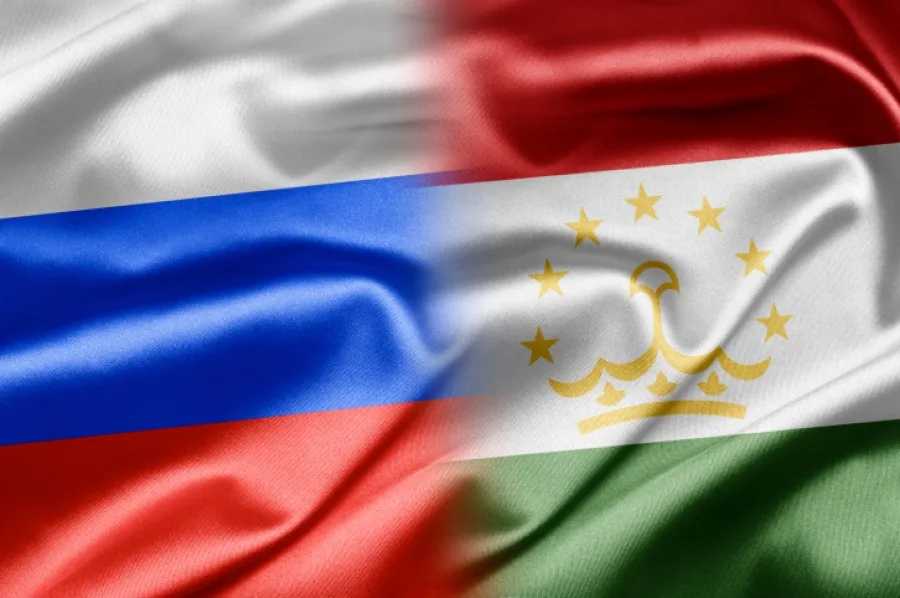The President of Uzbekistan signed a decree providing for the introduction of a targeted package of tax preferences for enterprises and categories of citizens whose activities and status are recognized as socially significant. The new package of measures is aimed at stimulating landscaping, supporting vulnerable segments of the population and developing regional industries.
According to the approved document, enterprises that are part of the Mahalla Service system and are engaged in landscaping, landscaping, sanitary cleaning, as well as caring for green spaces, are exempt from paying tax on profits received as part of these works. The decree also provides for the abolition of land tax on land plots used for such tasks.
An additional measure of support was the exemption from income tax of the salaries of employees of these companies. This step is aimed at increasing the real incomes of employees and reducing the fiscal burden on enterprises operating in the field of landscaping and providing social services.
Financial easing also affected citizens affected by the consequences of man-made disasters. The income of Chernobyl accident liquidators and their spouses is excluded from the tax base, which officially establishes the special status of this category and reflects the recognition of their contribution to overcoming the consequences of the largest nuclear accident of the XX century.
In terms of stimulating regional industrial growth, the benefits apply to leather and footwear enterprises registered in Sharaf-Rashidov district of Jizzakh region and Akhangaran district of Tashkent region. Companies in these industries are temporarily exempt from income tax. The solution can contribute to the development of local production clusters, create jobs and increase business activity in economically promising but in need of incentives territories.
Against the background of growing social obligations of the state and the need to finance priority programs, issues of efficiency and sustainability of the tax system are becoming particularly relevant. Experts note that in the context of large-scale social transformations, tax policy requires flexibility, but at the same time it must maintain the ability to provide the revenue side of the budget.
Earlier, international financial institutions recommended that Uzbekistan consider switching from a flat income tax scale to a more progressive system. Such an approach, according to experts, could strengthen tax equity, increase fiscal sustainability and reduce fiscal pressure on the most vulnerable groups of the population.
The measures taken reflect the desire to balance the incentive and social functions of tax policy, taking into account the priorities of territorial development, supporting employment and improving living standards.











